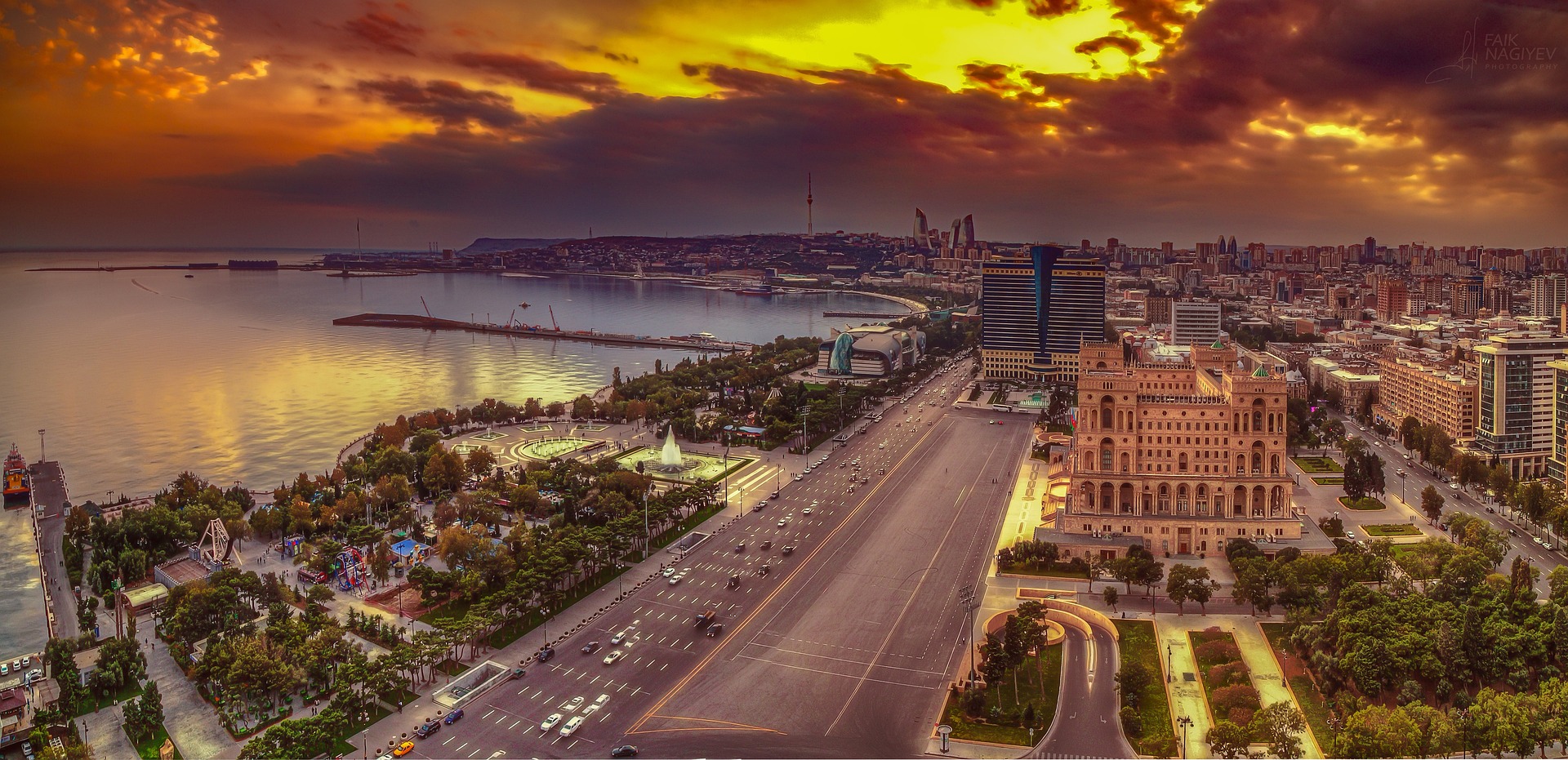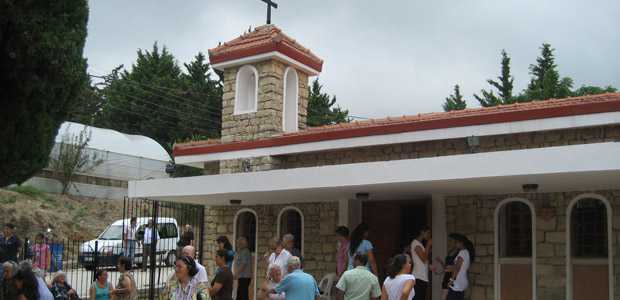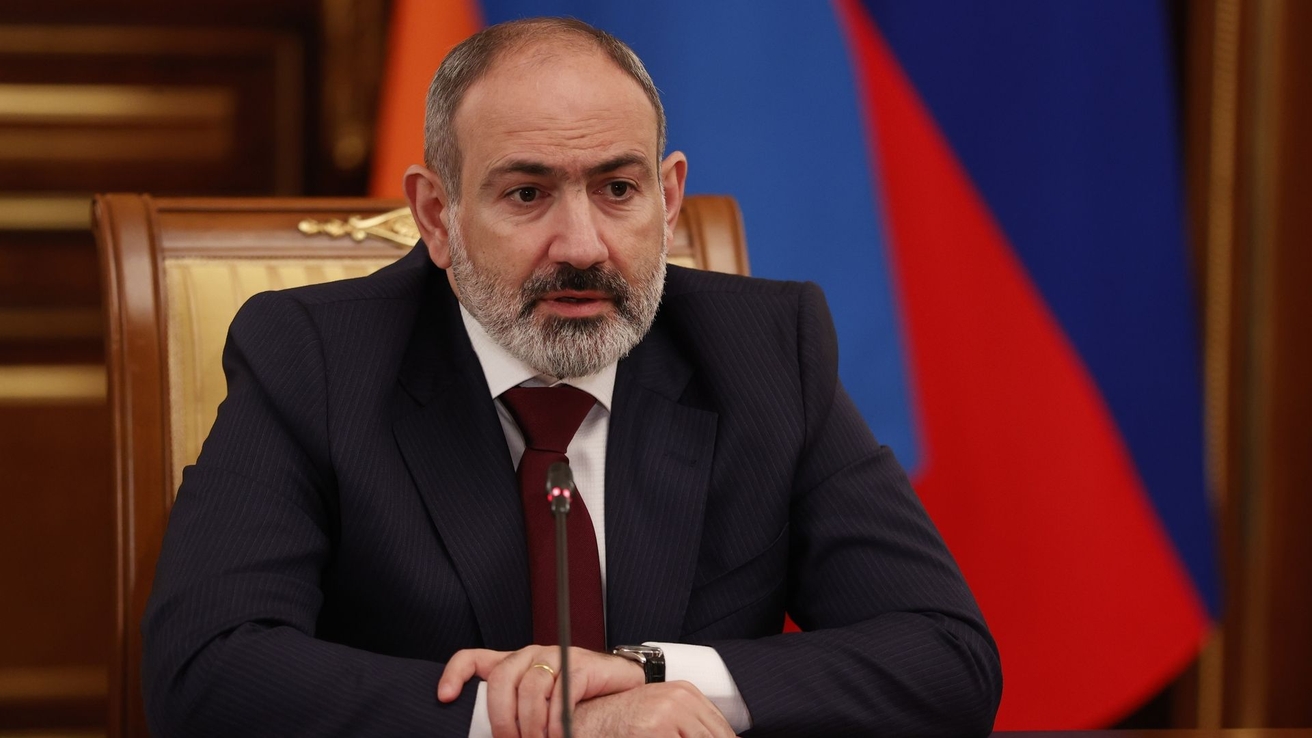Two months ago, I wrote an analysis titled: “Turkey is Backing its Citizens Abroad, While Armenia is Alienating its Diaspora.” It was based on an article by Abdullah Bozkurt in the Nordic Monitor: “Turkey is expanding its Diaspora engagement to promote political goals abroad.”
Last week, Bozkurt published a follow-up article titled: “Turkey poised to intensify its interference in the domestic affairs of other countries using the Turkish Diaspora.” It provides further details about the Turkish government’s efforts to set up proxy groups using its citizens abroad. In contrast, Armenia is alienating its Diaspora by creating rifts and banning some of them from entering the country. Given the serious crisis Armenia is in, its government should be doing everything possible to entice compatriots abroad to visit their homeland, invest in the country, and bring over their knowledge and skills. The Diaspora is a valuable asset for Armenia, not a ‘milking cow.’
The powerful Turkish State, which doesn’t really need the help of its citizens abroad, is nurturing and strengthening its Diaspora. The Turkish government has allocated a budget of $544.2 million for the years 2024-28 to its Diaspora agency, the Presidency for Turks Abroad and Related Communities (YTB in Turkish). Its strategic plan is “to foster a stronger allegiance to Turkey on the part of people in the Turkish Diaspora, with increased financial and other support from the Erdogan government.”
Bozkurt explained that the real aim of the Turkish government is “to exert greater influence over the domestic politics of European nations by actively supporting Turkish and Muslim communities in their political engagement, as revealed by the head of the government’s diaspora agency during testimony before a parliamentary committee.” Abdullah Eren, head of YTB, told the Turkish Parliament on July 17 that he “could reveal more in a closed-door session, from which the record of his comments would not be made public.”
The reason for Eren’s secrecy is that YTB is “supported by Turkish agencies that work with Diaspora groups, such as the Turkish intelligence organization MIT, Foreign Service, Maarif Foundation, Religious Affairs Directorate (Diyanet), Yunus Emre Institute and Turkish Cooperation and Development Agency.” The aim is “to place more pro-Turkish politicians on the political map abroad. Their efforts are particularly focused on Europe, where the bulk of Turkish Diaspora groups reside. In the last decade the Erdogan government has supported the establishment of smaller political parties in Europe, particularly those driven by religious agendas. It has endorsed candidates working in established mainstream parties, expecting them to act as proxies for Turkish government policies. However, the results have been unsatisfactory so far, prompting the Turkish government to vow increased efforts to fulfill what it describes as a strategic goal.”
According to Seda Goren Boluk, the chair of the parliamentary committee overseeing YTB, “the target population in the Diaspora is nearly 40 million, consisting of approximately 7 million Turks and over 30 million people from related [Muslim] communities in other countries. She vowed to do everything possible to address issues concerning Diaspora groups in order to empower the Turkish nation.”
According to a YTB survey, “among the youth in the Turkish Diaspora, estimated to be around 2 million strong and now in its fourth generation, one-third of respondents expressed a desire to be proactive in the politics of European countries and sustain their campaigns.” Another third of the Turkish youth abroad “intends to conceal their true intentions and launch their campaigns on behalf of Turkey only after securing key positions in mainstream political parties.” The last third said that they have zero interest in getting involved in politics.
To encourage Turkish youth to get involved in the politics of the countries they live in, Eren cited the example of “Serap Guler, a German politician of Turkish background in the CDU [Christian Democratic Union] and a member of the Bundestag [German Parliament] since 2021. Despite expressing some criticism towards Turkey in the past, Guler has maintained contact with the Turkish embassy and Turkish government institutions.”
The overcome the legal and political challenges of Turks living overseas, YTB urged the Turkish government “to utilize its diplomatic influence and public diplomacy tools to exert pressure on foreign countries to lift these restrictions on Turkish Diaspora groups.”
YTB “has already been collaborating with numerous groups operating in Europe and other continents, providing them with funding, logistical, and technical support to enhance their effectiveness.” YTB participated in Ankara in early May “in a program organized by the Union of International Democrats, an organization that acts as a foreign interest group representing Erdogan’s ruling AKP abroad.”
YTB “brings 4,000 young men and women to Turkey every year under various schemes for training and education in camps maintained by Turkey’s Ministry for Youth and Sports. According to Eren, many young Turkish engineers studying in Europe have been enrolled in internship programs in what he termed ‘critical industries,’ such as defense and military technologies. He identified state-owned defense contractors like Aselsan and Tusash as venues where these individuals were recruited for internships.”
Eren stated that “groups critical of and opposed to the Erdogan government [are] a threat to achieving YTB’s stated goals since they undermine the Turkish government’s policies in the Diaspora. This includes the Gulen movement, Kurdish opposition groups, and Alevis.”
It remains to be seen how governments in Europe and the United States will deal with the Erdogan government’s proxy groups which are considered to be unregistered foreign agents.





